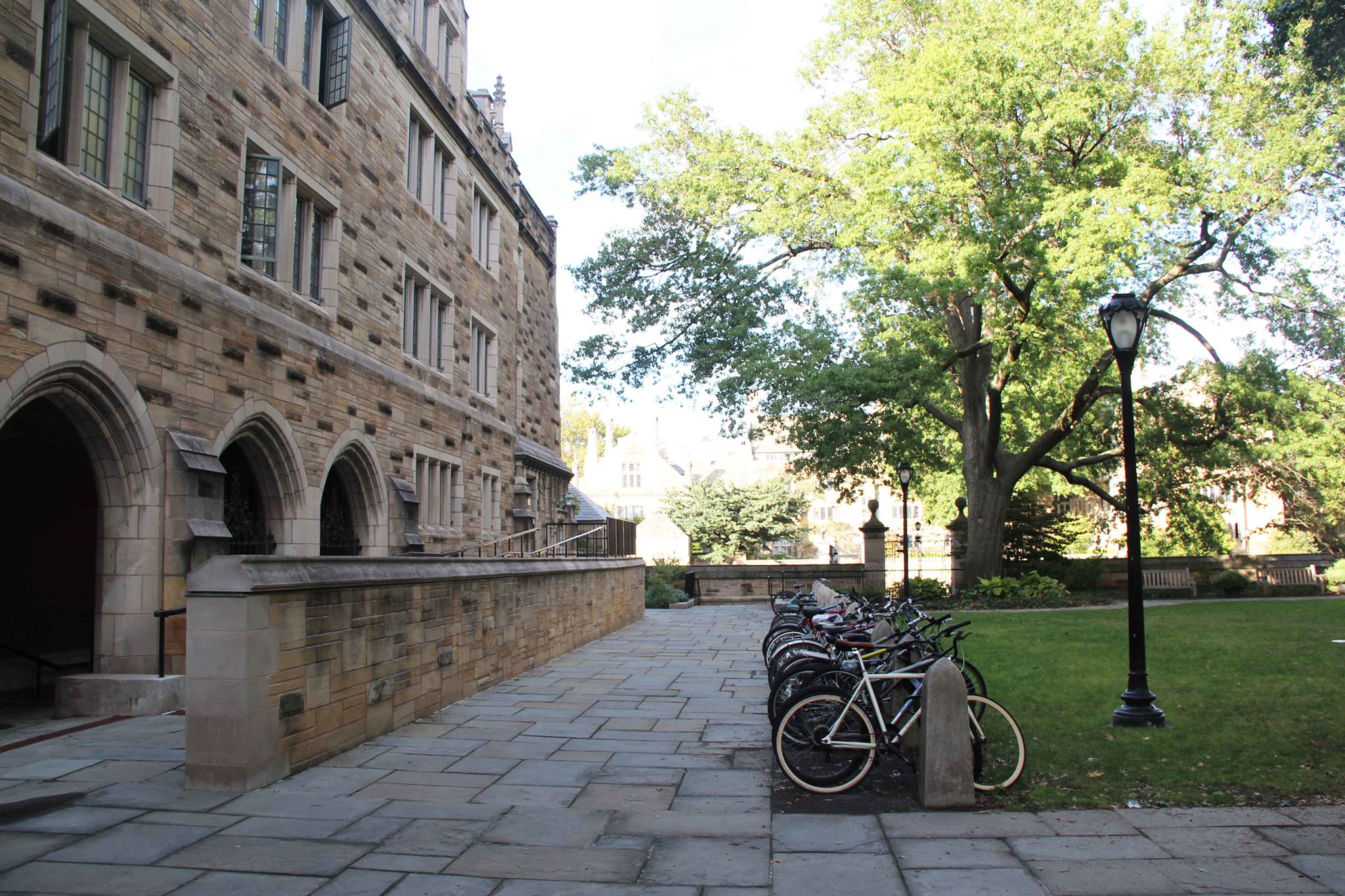
About 30 attendees filled all available seats in Berkeley’s Swensen House as Head of Berkeley College David Evans ’92 posed the defining question of the evening — “Can science journalists help change America’s distrust of science?”
“I think the answer is no,” responded Michael Lemonick, the chief opinion editor at Scientific American.
Lemonick visited Berkeley College on Wednesday to discuss how journalists try — and often fail — to combat Americans’ distrust in science.
Lemonick began by talking about his childhood. As a child, he said he dreamed of being an astrophysicist, entranced by his father’s tales of the history of the universe. That dream came to an end during his undergraduate years at Harvard, when he saw the daily routine of scientific work: methodology, mathematics and measurement. Disillusioned, he decided to abandon a potential career as a scientist, but he did not lose his curiosity regarding the natural world.
“I wanted to know what astronomers know, but I didn’t want to do what astronomers do,” he said.
Instead, Lemonick realized he could channel his interests into a journalistic career — talking to scientists and then reporting on their work. He added that he did not get into journalism “to make the world a better place.”
After a murmur of chuckles had passed through the audience, he launched into talking more about his work.
Lemonick lamented the American public’s distrust in scientific knowledge, in areas ranging from climate change to evolution. Lemonick added that even in elite educated circles, in which he often finds himself as a lecturer at Princeton, intellectuals, though trustful, are often haplessly under-informed when it comes to science.
Lemonick recounted an encounter with a store clerk who asked him his thoughts on the previous night’s sports game, assuming that Lemonick had seen it. He said that this incident, which perplexed him at first, served as a reminder of what was considered common knowledge in the U.S.
“Sports are culturally important in this country,” Lemonick said. “It is not considered culturally important to know about science.”
Toward the end of his talk, Lemonick gave a few tips to aspiring science writers in the audience. He said that science writers are vulnerable to both under- and over-simplification when they are trying to bridge the gap between hard science and entertaining content. He said that an over-the-top, enthusiastic piece can be inaccurate at worst and misleading at best. Still, a dry, factual piece is bound to wind up on “page 63 of the Times,” he continued. He urged his listeners to find a balance between the two.
The talk wrapped up with an unexpected visit from Evans’ dog, who caused a momentary, but well-received, disruption to Lemonick’s final remarks.
Attendees interviewed by the News said that Lemonick’s talk may influence the way they think critically about science journalism in the future.
Rob Forman, managing editor of Medicine@Yale — the School of Medicine’s newsletter —said that he thought Lemonick’s talk illustrated how difficult it is to convey the value of science to the general public.
Evans echoed similar sentiments, stating that as a scientist and educator, he felt personally invested in publicizing science to a wider audience.
Rose Bender ’19 said that as a result of the talk, she will pay closer attention to “the push and pull” between aiming to be accurate and trying to be persuasive in scientific journalism.
The Poynter Fellowship in Journalism was founded by Nelson Poynter, who finished a Master’s degree at Yale in 1927.
Maya Chandra | maya.chandra@yale.edu







